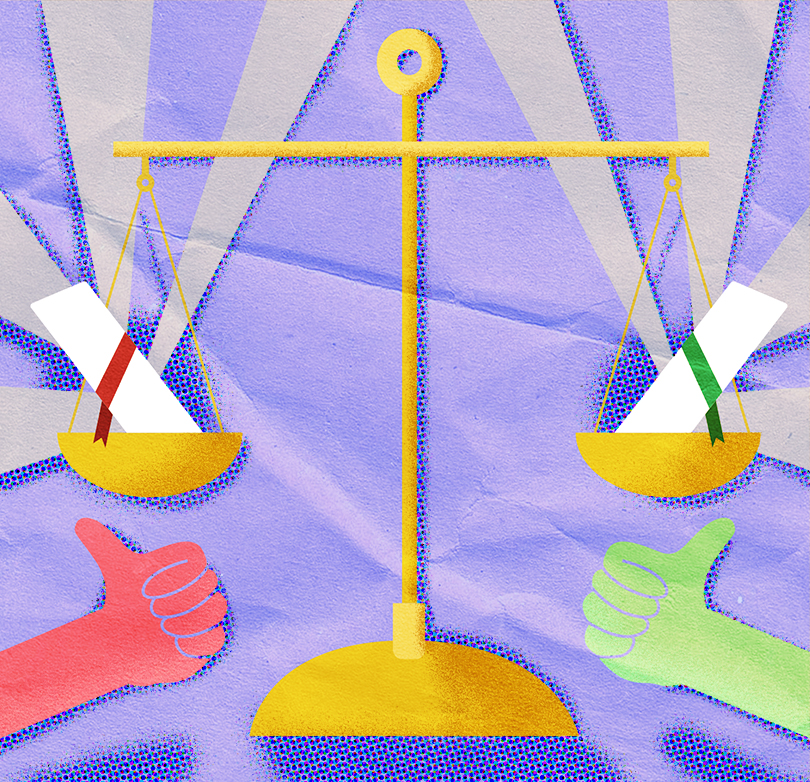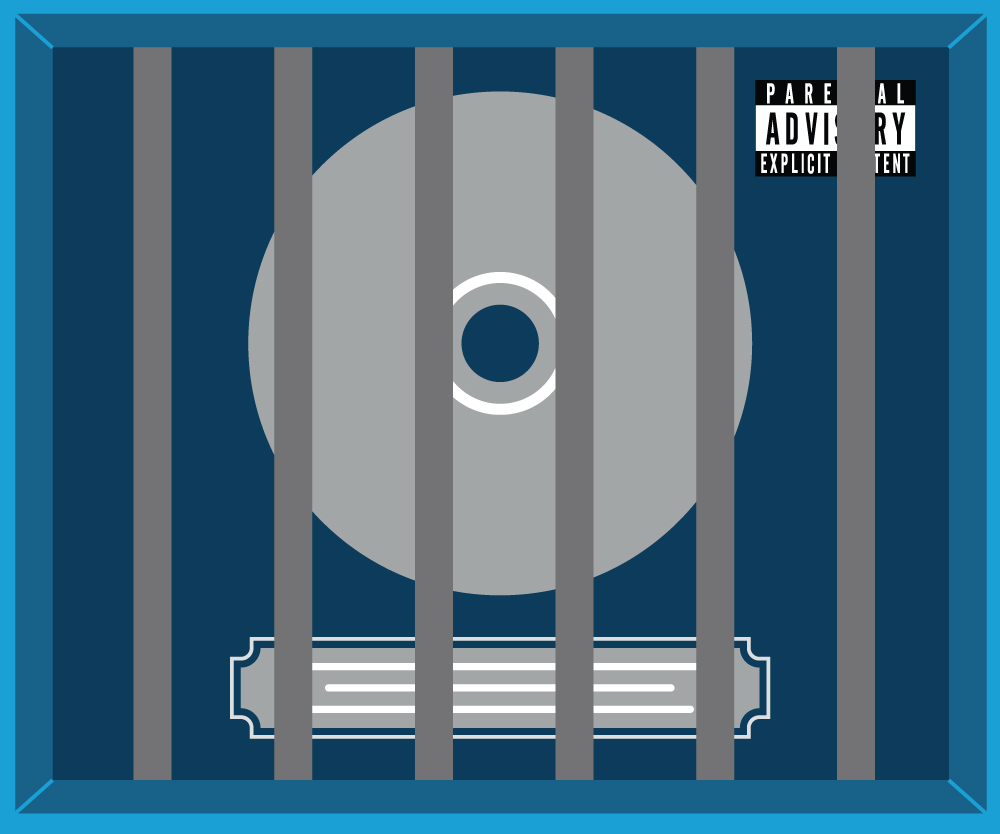The summer before I started university, I ran into some family acquaintances at the grocery store. Naturally, they asked what I planned to study. I study history with a minor in creative writing. “Good luck making money,” the man, a biology teacher, quipped.
Disregarding the fact I had spent months angsting over which college I would attend and really didn’t need or want a comment on my major choice (Does any teenager need this the summer before college?), I found myself wondering if that comment was even accurate. After all, my older sister had graduated with an English degree and now works a good job as a project manager—and for someone from her generation to even have a job after the recession seems like a small miracle.
Now, about to enter my senior year, I know this to be untrue. Roughly 4.6 percent of those with a bachelor’s degree in history are unemployed, which is not bad at all. Not all have gone on to be professors or work in museums, but a BA in a discipline founded in research and writing prepares people for a variety of careers.
The idea that certain degrees are impractical and won’t make money is reinforced not only by well-intended grocery store conversation but by articles from places like Forbes and Kipling—articles that instill a general sense of fear that choosing the wrong major means you’ll “end up flipping burgers for the rest of your life.” Aside from those types of comments being grotesquely classist anyway, no degree or certificate can guarantee you a job for life. For years, law seemed like the sure way to go, but after the recession, the legal profession took a deep dive.
A degree’s impracticality is subjective and widely dependent on an individual’s understanding of that area of study. I considered studying business, a more traditionally “practical” degree, but I’ve also heard engineering majors tell business majors they won’t make much money.
Generally, the degrees regarded as impractical are in the arts, humanities and some social sciences. Perhaps these degrees have potential to be financially impractical—if making a fortune in company shares is your life goal—but they are beneficial in a myriad of other ways. Without the arts, we wouldn’t have theater, books or television.
To be an artist takes dedication and hard work, and art can pay the bills, so why not study it? History benefits not only the academic world, but the public as well. Studying history enriches us with knowledge about the past, which better informs an understanding of the present.
Are these degrees really “useless?” If there was strong evidence for a humanities degree giving job seekers a bleaker outlet than other majors, then yes, maybe we should avoid them. Money is—as much as we hate to admit it—vital, but the truth is the unemployment data for humanities majors isn’t that dire.
If your major interests you and gives you a good fighting chance to be employed, then go for it. I work two paid internships, a student job and write for the Vanguard. Both my internships focus on history, so even though I’m essentially working three part-time jobs, I am happy because I love what I’m doing.
If I was stuck in a major I hated, I’d be nearing toward overworked while questioning why I was even doing it. College is stressful. It’s a lot of studying, sometimes working and losing sleep. Graduating is difficult and no degree guarantees employment, so you might as well be happy with your studies in the meantime. It’ll make everything else a bit better.







Excellent article!
I graduated college with a Bachelor’s Degree(At Miami University Ohio) in Adolescent to Young Adult(AYA) Integrated Language Arts Education(for grades 7-12). Even with my focus in education, and teaching, I still had people saying I majored in a “useless” degree. The most common argument was “English isn’t hard enough, so pick a hard subject to teach, like science.”
First of all, the last thing secondary education needs is someone teaching a subject with no interest, or viable skills in that particular area. Second of all, if everyone started majoring in the “hard” subjects for job opportunities, then that would saturate those fields. Then, the “easy” fields would be left open. This already happened in the field of law(as you mentioned), and is now happening all over the medical field. A major with “a lot of jobs” is only a major with a lot of jobs…until people start realizing that, and saturating the field, meaning there will no longer be a lot of jobs…, and finally(as you mentioned), money shouldn’t be the sole focus of your career anyway. Choosing a stable career which you love is more important than doing something you hate only for the money.
There is no such thing as a “useless” degree. Some degrees are far more useful than others, but none of them are “useless.”